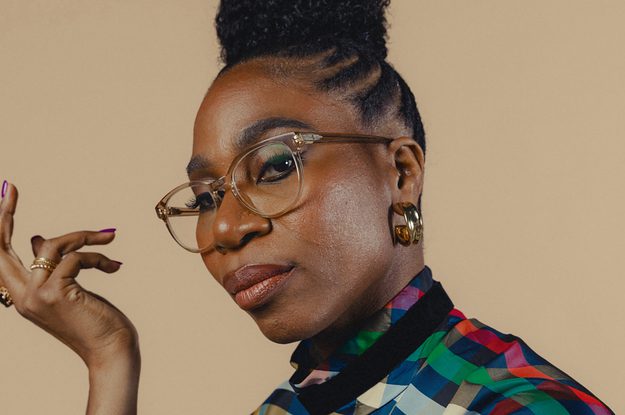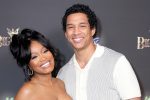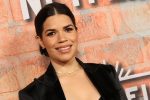Glover on the other hand leans more into the shock factor scenarios that get people talking and flawlessly references whatever pop cultural moment we are currently in. He and his team also often eerily predict where we will be far into the future.
“He is more focused on TV and moments than the characters. That became a really interesting marriage between the two of us. I’m very much about the character, about the why and the what and the through line of things,” Nabers says. “He is less into that and more into the feeling, the moments and the funny things that you see on the internet that you can turn into something that you see on TV.”
Yet their opposing thought processes work perfectly for TV. The union of their strengths is what has made both shows as unique and engaging as they are. Atlanta was the perfect balance between giving fans strong characters to root for while only sharing silhouettes of their lives. There was a level of vagueness regarding their backgrounds, their inspirations, and who they were when we were not watching. “It was very interesting to work with someone who doesn’t care about a through line of the character. That’s the thing that breaks open form in a lot of ways because TV is so formulaic,” she adds. “You look at the ‘Why now?’ of a character, but Donald doesn’t care about those questions. That’s incredible.”
Atlanta’s finale followed that format, not letting viewers know where the characters or their stories were headed. It was vague, random, weird as hell, and exactly what Nabers says the show’s finale should’ve been. “The finale for Atlanta, I think, was perfect,” she says. “A lot of people didn’t really know where the show was going and where these characters were going. And I love that.”
While she also wanted an explanation for what would happen to the core four after the finale, Glover didn’t want to give people any clarification, leaving them with an open-ended finale the same way other TV greats like The Sopranos and Breaking Bad did.
His approach taught her to trust the process and consider ambiguity: “That’s what makes people lean in and form their own opinions. You’re not explaining everything to them.”
Swarm had a similar finale. Fans can only speculate what will come next for Dre. The series fed various cravings by giving the audience what they were yearning for. Whether they wanted the comedic, viral moments or a deep-dive into the main characters’ mental state, it was all there. “We both had to set aside some of our own things that we learned and work together to tell this story. It is a very, very, perfect blend of the two of us,” Nabers says about Glover. “But I don’t think I would ever tell a story like this again. And I don’t think [Donald] would ever tell a story like this again. It’s a very specific marriage of ideas that we put into this series.”
Nabers says the goal is for a show to evoke some sort of reaction from fans, and Swarm did. Viewers openly dissected Dre as a character, argued over Bailey’s sex scene, discussed the Beyoncé/Beyhive comparisons, and raved about Fishback’s performance.



